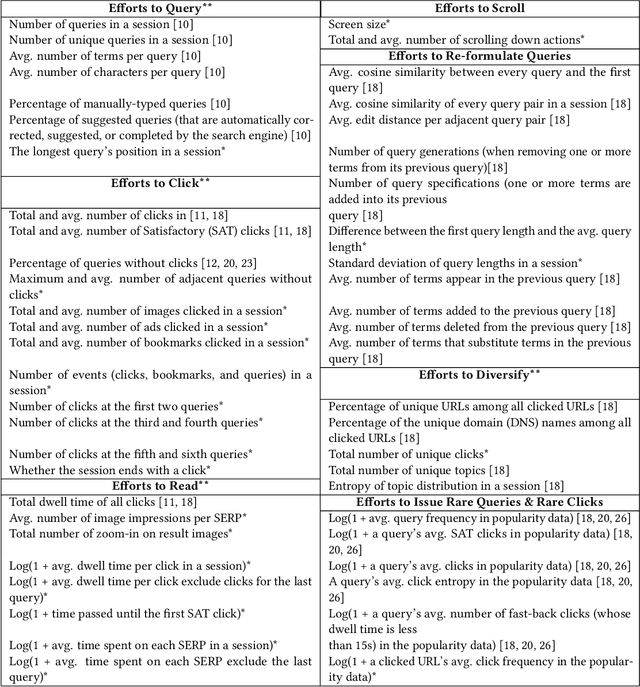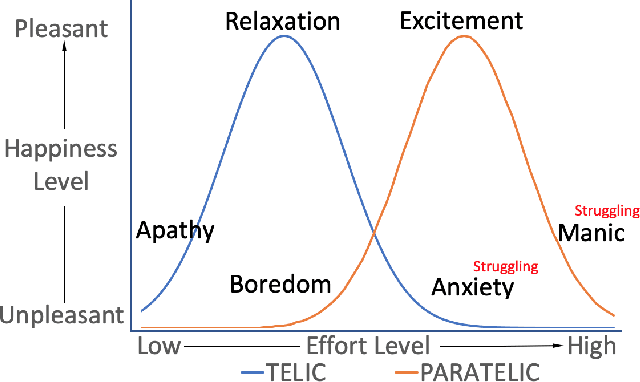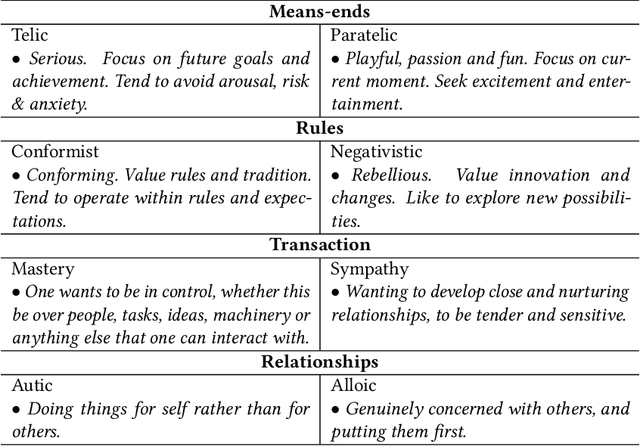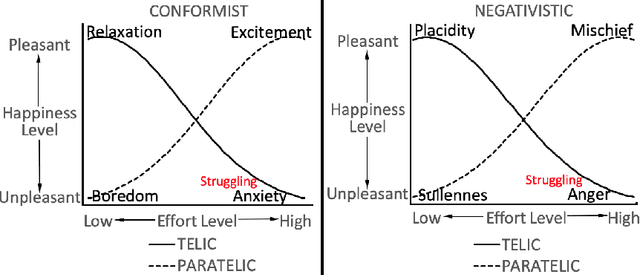Jiyun Luo
Producing Usable Taxonomies Cheaply and Rapidly at Pinterest Using Discovered Dynamic $μ$-Topics
Jan 29, 2023
Abstract:Creating a taxonomy of interests is expensive and human-effort intensive: not only do we need to identify nodes and interconnect them, in order to use the taxonomy, we must also connect the nodes to relevant entities such as users, pins, and queries. Connecting to entities is challenging because of ambiguities inherent to language but also because individual interests are dynamic and evolve. Here, we offer an alternative approach that begins with bottom-up discovery of $\mu$-topics called pincepts. The discovery process itself connects these $\mu$-topics dynamically with relevant queries, pins, and users at high precision, automatically adapting to shifting interests. Pincepts cover all areas of user interest and automatically adjust to the specificity of user interests and are thus suitable for the creation of various kinds of taxonomies. Human experts associate taxonomy nodes with $\mu$-topics (on average, 3 $\mu$-topics per node), and the $\mu$-topics offer a high-level data layer that allows quick definition, immediate inspection, and easy modification. Even more powerfully, $\mu$-topics allow easy exploration of nearby semantic space, enabling curators to spot and fill gaps. Curators' domain knowledge is heavily leveraged and we thus don't need untrained mechanical Turks, allowing further cost reduction. These $\mu$-topics thus offer a satisfactory "symbolic" stratum over which to define taxonomies. We have successfully applied this technique for very rapidly iterating on and launching the home decor and fashion styles taxonomy for style-based personalization, prominently featured at the top of Pinterest search results, at 94% precision, improving search success rate by 34.8% as well as boosting long clicks and pin saves.
Feature Modulation to Improve Struggle Detection in Web Search: A Psychological Approach
Dec 09, 2021



Abstract:Searcher struggle is important feedback to Web search engines. Existing Web search struggle detection methods rely on effort-based features to identify the struggling moments. Their underlying assumption is that the more effort a user spends, the more struggling the user may be. However, recent studies have suggested this simple association might be incorrect. This paper proposes a new feature modulation method for struggle detection and refers to the reversal theory in psychology. The reversal theory (RT) points out that instead of having a static personality trait, people constantly switch between opposite psychological states, complicating the relationship between the efforts they spend and the level of frustration they feel. Supported by the theory, our method modulates the effort-based features based on RT's bi-modal arousal model. Evaluations on week-long Web search logs confirm that the proposed method can statistically significantly improve state-of-the-art struggle detection methods.
 Add to Chrome
Add to Chrome Add to Firefox
Add to Firefox Add to Edge
Add to Edge